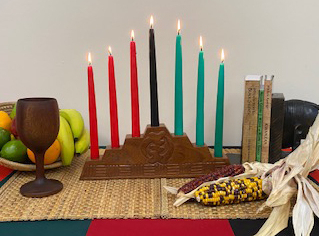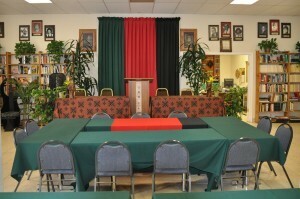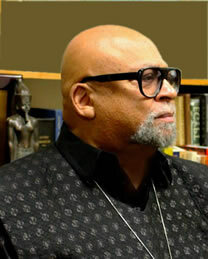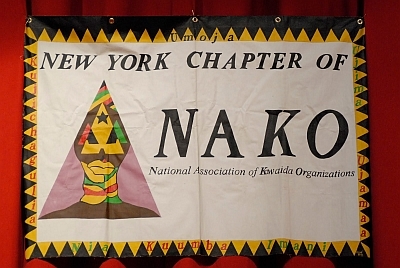Related Links
Embracing African Life and Culture
The University of Sankore Press
The University of Sankore Press takes its name from the historic University of Sankore, founded in the fourteenth century in Northern Africa in Timbuktu, Mali. An internationally recognized institution, The University of Sankore drew students, faculty and staff from other parts of Africa, Asia and Europe. It served as a center of scholarship and learning, offering the most advanced knowledge in such fields as philosophy, trigonometry, medicine, astronomy, algebra, history, literature and law.
Read moreAfrican American Cultural Center - Los Angeles
The mission of the African American Cultural Center (SOPPAAC) is to recover, research, collect, preserve, interpret, teach and promote knowledge and appreciation of the rich, ancient and varied culture of African people with emphasis on African Americans. Through educational programs, communal and public dialog, collections, exhibitions and other initiatives, we engage and serve participants of varying ages, interests and walks of life.
Read moreThe Organization Us
From the beginning, the essential task of our organization Us has been and remains to provide a philosophy, a set of principles and a program which inspires a personal and social practice that not only satisfies human need but transforms people in the process, making them self-conscious agents of their own life and liberation. Such a transformative practice will, of necessity, also lead to the building of moral community and to the constant becoming of the best of what it means to be both African and human in the fullest sense.
Read moreDr. Maulana Karenga
Dr. Maulana Karenga is professor and chair of Africana Studies at California State University, Long Beach. He holds two Ph.D.'s; his first in political science with focus on the theory and practice of nationalism (United States International University) and his second in social ethics with a focus on the classical African ethics of ancient Egypt (University of Southern California). Professor Karenga is the foremost exponent of Maatian ethical thought, having developed over the last three decades, a creative and scholarly Kawaida interpretation of ancient Egyptian ethical thought as a living tradition and a useful philosophical option for critical reflection on the urgent issues of our time.
Read moreNational Association of Kawaida Organizations (NAKO) Chicago / Philadelphia / New York
Under Construction.
Read more



